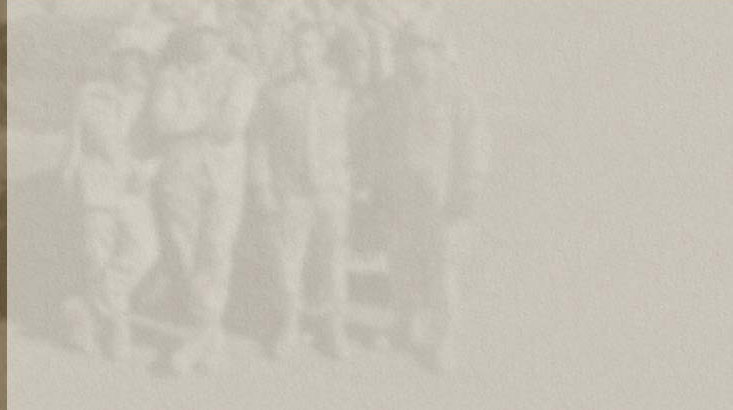|
What about the bad guys?
We try to take as many captive as possible. We have a lot of informants. The population helps us. They call in tips about bombs or weapons; we go out and arrest them. Nine times out of 10 we get the guy we are after.
If that is not possible, there is always combat.

How has it been lately?
It's been pretty quiet for the last few months. Occasional IEDs [improvised explosive devices], mortars, rockets from day one. Then a couple of weeks ago, my patrol [was ambushed]. ... One of our gunners was taken out. ... He was hit by an enemy sniper. ... He didn't make it.

Did you know him?
He was one of my drinking buddies back home. We were buddies here a little. It's never a good thing to lose a friend, even if you hardly know him. You can't cry about what you've lost -- better to smile about what you've had.
A few days afterwards, another of my buddies got hit. He didn't make it either. It's definitely picking up out here.

Does that make you question why you are here?
No. It doesn't change the mission, but only the intensity. We are more active in our own defense. Since then we have learned they are going after this team. People been hired to go after us; we need to be more cautious. The gunners ride a little lower in their hatch now. You just try to make yourself less of a target.

What are you doing here?
Trying to help these civilians. Hopefully when the elections happen, they won't need us anymore. They have an army, the ING, Iraqi National Guard. They work hard. Don't have the best equipment nor the best training, but they are determined to get their country back. ...

How did you feel after [Spc. Travis] Babbitt was taken out?
Anger was the first thing. Wanted to get back out and find the guy who got him and do some very not-nice things to that person. We tried to get back into the action straight away. ... We wanted to rejoin the battle, but they wouldn't let us. ...

What is it like to fire the .50-caliber?
.50-caliber Browning machine gun fires three rounds every two seconds, big recoil, shakes vehicle, tears through anything and goes through any armor apart from our tanks, sets it on fire. Nothing like rocking a .50 when going down the road.

What do you think when you fire at the enemy?
Thought ceases when you are firing at the enemy. It's all training; it's all instinct. All you are doing is trying to take them before they take you or your friends out. It's your job.

Why do you fire warning shots on the road?
There is a very big risk of VBIEDs [vehicle-borne improvised explosive devices, or car bombs]. One single one is capable of taking out all three HVs, so we don't let anyone near us. We keep them back behind what we call the trigger line. They pass that mark, we fire a warning shot. If they don't back off, engage if you have to; aim for the engine block. A kill radius on a VBIED is sometimes as much as 100 meters. A very deadly weapon. ...
I've only engaged one car. No one was injured, but the car definitely stopped and turned around.

What will you feel when you leave?
... A little bit of disappointment and sadness, but very glad that it's over. You build a bond here when you spend all your time with the same guys -- sleep, eat, cry with them. Band of brothers. There is a bond I have never felt in my life. I would easy lay down my life for any one of them. They would do the same for me. I won't see them later, but never forget them.
It's like a feeling of loss. You don't realize what you have until it's gone. It's camaraderie. You can share anything. I would do anything for them just as they would do anything for me. Anything.

How would you sum up Iraq?
Nice place to visit, but I wouldn't want to live here. We are doing something. The power plant is better. We have opened up schools.

But what about the insurgency?
It's increased. They don't bother hiding as much. There was very little direct fire before. They have gotten more desperate, becoming more active. It's a last-gasp effect. At least that is what I am hoping for.

What do you think of the antiwar people?
Everyone has a right to their own opinion. I am not going to say that those who disagree are wrong. I feel I am doing what I should be doing, and that is enough.

Are you willing to die for your country?
My job is not to die for my country; my job is to make the other poor bastard die for his country. If it comes to that, I'll do what I have to do. ...
| 
